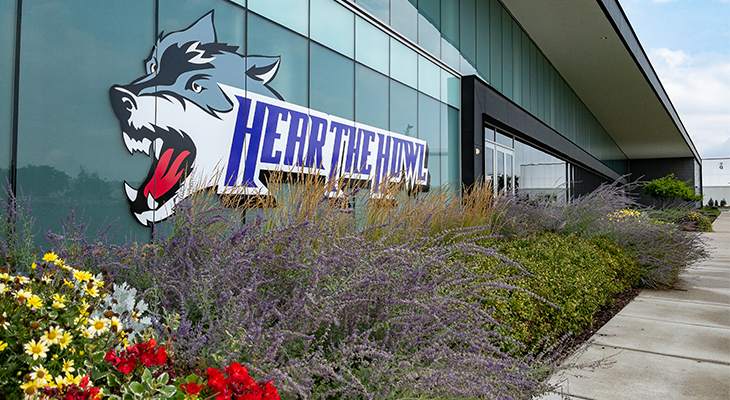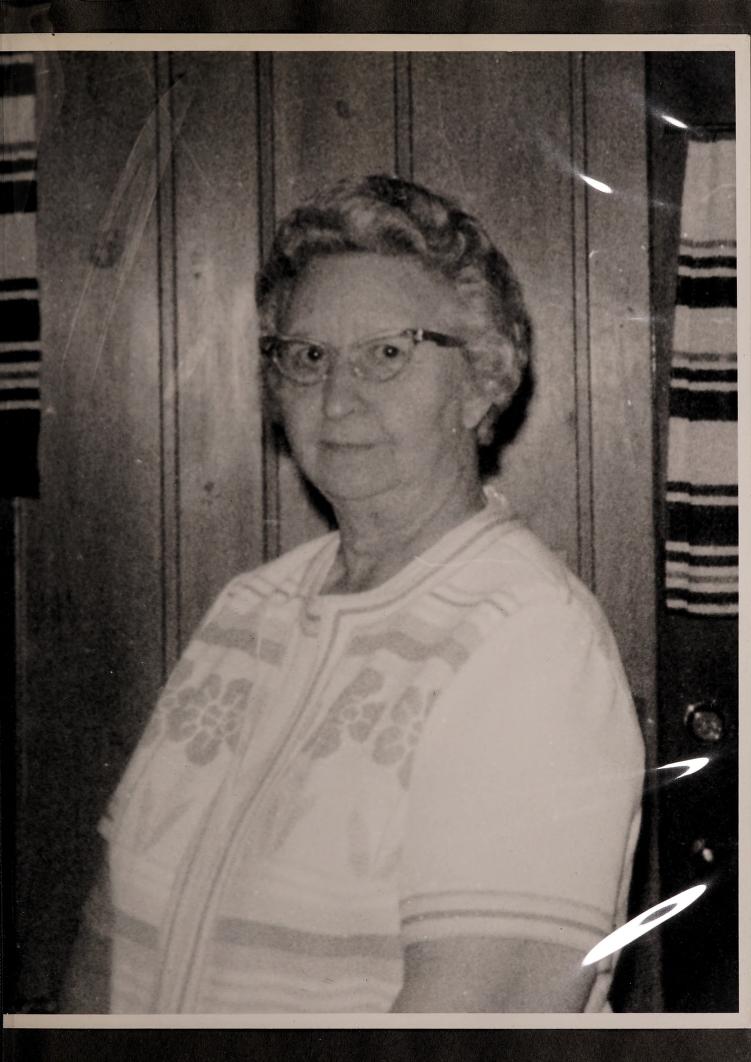
JJC Wolves Basketball vs. Kankakee Community College
Community members now have access to a vast digital archive of Joliet history through the Joliet Junior College Library.
Amy Chellino, a librarian at JJC, digitized more than 80 interviews with area residents that were born in the late 1800s and early 1900s. The interviews took place in the early 1970s as part of Dr. Robert Sterling’s history class at the college.
Sterling's students interviewed residents from Joliet, Plainfield, Lockport, New Lenox, Morris, Coal City, Braidwood, Wilmington, Channahon and Dwight. The interviewees included teachers, police officers, firefighters, farmers, doctors, funeral directors, homemakers and coal miners; all providing insight into life in Joliet during the first half of the 20th century.

“The Oral Histories Collection is priceless in that it provides first-hand accounts of life in Joliet and the surrounding communities from more than a century ago in some cases. The reminiscences are interesting and educational, and they remind us of the strength of the human spirit,” said Chellino.
The interviews were originally tape recorded and transcribed, but only the typed manuscripts exist today. Some of the topics addressed are the Spanish flu, prohibition, both world wars and the Great Depression.
One Joliet resident, Theresa Reilly, recalled the end of World War I in her interview. “I remember the parade and all the soldiers and sailors and everybody was in it. It was a great big parade and we were all downtown. It was a large crowd and then they had picnics and parties and things like that,” Reilly recalled.
LeRoy Norberg, another Joliet resident, remembered going to see Babe Ruth play against the Chicago Cubs with his father. “Oh, how great he was! There is no comparison of him and any batter,” Norberg said. “I don’t care who they are, there is no one. No one could compare with that fellow. He was something else.”
The Library’s digital archives also house JJC’s yearbooks, copies of the Blazer student newspaper and other pieces of the college’s history. Anyone can view these archives; a library card is not needed.
“Digitizing these oral histories was important, not only to share them with the greater community, but also to honor the citizens who contributed to this project during the 1970s,” said Chellino.
For media inquiries, contact JJC Communications and Media Coordinator Scott Harvey at 815-280-2844 or sharvey@jjc.edu.

